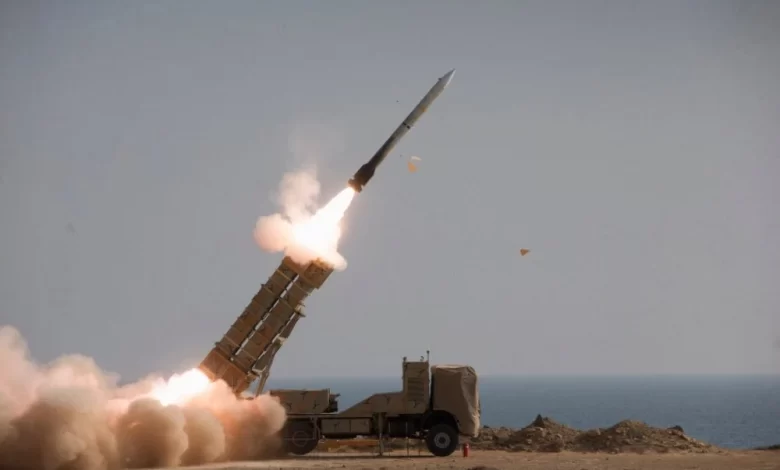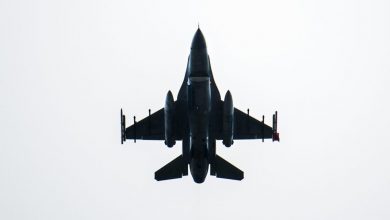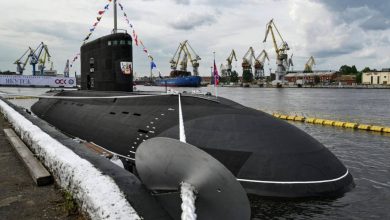Analysis: An Israel-Arab Air Defense coalition could harm the Middle East

The thrust of U.S. involvement in the Middle East should put diplomatic engagement first.
In preparation for President Joe Biden’s trip to the Middle East this week, a secret meeting of military officials from Bahrain, Egypt, Jordan, Qatar, Saudi Arabia, the UAE, and Israel met in Sharm El Sheikh, Egypt to discuss the potential for an Israeli-Arab air defense coalition. Dubbed by the Israelis as the Middle East Air Defense Alliance (MEAD), the plan is to share information about Iranian missile and air defense threats to the region—ballistic and cruise missiles as well as drones—and provide maximum visual coverage to achieve early detection of these threats.
However, missile defense integration is just a bigger band-aid over a seeping wound, which could, at worst, come at the expense of new dialogue between Iran and its adversaries to treat the infected area. Saudi Arabia and the UAE have been engaging with Iran bilaterally to reduce tensions, but without a complementary diplomatic initiative to promote these talks and, ideally, inspire a regional dialogue, a missile defense coalition could increase the possibility of confrontation.
If Washington cannot walk and chew gum, then not only is diplomacy absent from the center of U.S. foreign policy but the plan risks being perceived as merely the anti-Shia coalition Secretary of State Antony Blinken warned former President Donald Trump against constructing in 2017. As Blinken wrote at the time, “An anti-Shia coalition masquerading as a Middle Eastern security alliance will only fuel those sectarian fires and produce more, not less, terrorism. Instead of taking sides in that conflict, Washington should press Riyadh and Tehran to stop feeding it.”
While engaging with Iran to ensure it cannot get a nuclear weapon by attempting to revive the Joint Comprehensive Plan of Action, known as the Iran deal, a dual track pushing Bahrain, Egypt, Jordan, Qatar, Saudi Arabia, the UAE, and Iran to engage diplomatically and to take greater responsibility for regional security has been missing. Military-to-military relationship building must be coupled with a diplomatic track to manage and prevent crises from occurring.
Missile Defense Cooperation Is Not New
Three decades of U.S.-led efforts to create an air/missile defense architecture among the six Gulf Cooperation Council (GCC) states of Bahrain, Kuwait, Oman, Qatar, Saudi Arabia, and the UAE have not gotten off the ground due to the same old challenge: lack of trust. No states are willing to cooperate at the expense of bilateral security guarantees from the United States and none of the previous efforts to create a cooperative framework attempted to include Israel. Rather, it fits a familiar pattern of securitizing Middle East policy. Although there is something to be gained by developing cooperation in areas of security, the marginal benefit from syncing air defenses would be small unless accompanied by a diplomatic process that treats the root of the infection.
Under the umbrella of the Clinton administration’s Cooperative Defense Initiative, the Hizm al-Taawun initiative tried to integrate air defense information collected by GCC states as a step toward missile defense data sharing. However, the initiative largely broke down as the GCC states did not want to share airspace information with each other. The Bush administration, too, via its Gulf Security Dialogue, promoted military interoperability and encouraged the GCC states to purchase U.S. missile defense systems. The Obama administration also proposed the U.S.-GCC Strategic Cooperation Forum in 2011 and it was initiated in 2012 to address Gulf political, security, and economic issues in a multilateral forum. At the 2013 Manama Dialogue, Secretary of Defense Chuck Hagel even launched a U.S.-GCC Defense Ministerial that was to include a GCC missile defense framework and the sale of weapons systems to the GCC as a bloc.
These efforts continued into the Trump administration, which explored expanding NATO’s security assurances to the Middle East and, separately, creating a Middle East Strategic Alliance (MESA) with the GCC plus Jordan and Egypt. However, MESA was seen as solely serving U.S. and Saudi interests in confronting Iran. While Bahrain, Saudi Arabia, and the UAE sought to confront Iran, other regional states (Egypt, Jordan, Kuwait, Oman, and Qatar) were reluctant to participate in an anti-Iranian security framework. Egypt refused to follow Riyadh’s lead because the initiative risked increasing tensions with Iran, and the regional security architecture collapsed. If the coalition is at risk of being perceived as an anti-Shia coalition, it could breed even more sectarian conflict and will not find wide support in the region.





